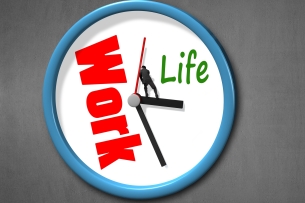Filter & Sort

The Question-Centered Course
It can remind students how the process of inquiry can be meaningful and enjoyable for its own sake, writes Andy Tix, and even help them determine their life direction.

Is It Time for the 32-Hour Workweek?
Robert Roßbach, Kendra Sewall and Stefanie Robel explore why shorter work hours are, in fact, realistic for academic researchers and the advantages this approach can offer.

Big Ambitions, Small Teams
Roshni Rao explores the challenges of scaling career services to meet the needs of thousands of grad students with diverse backgrounds, disciplines and career aspirations.

The Ph.D. Statement as a Hermeneutic Slinky
Nathan J. Hardy describes how students can transform intellectual energy into words conveying their interests and abilities so as to spring forward to next steps.

The Elements of Sterile
Referencing the classic Elements of Style, Dan Li takes a satirical look at academic writing.

Should Faculty Be Mental Health Counselors?
As the stigma of exposing emotional and psychological vulnerabilities decreases, instructors’ unpaid care work increases, writes Kay Keegan.

Advice on Selecting Service Opportunities
Steve Baule describes some service options that might be available to new faculty members and provides advice on those they may want to consider.

Who Reads Your Job Application Materials?
And what do those people care about? Robert Pearson advises on how to prepare such materials with many audiences in mind.
Pagination
Pagination
- 25
- /
- 410